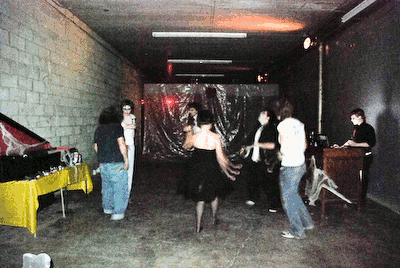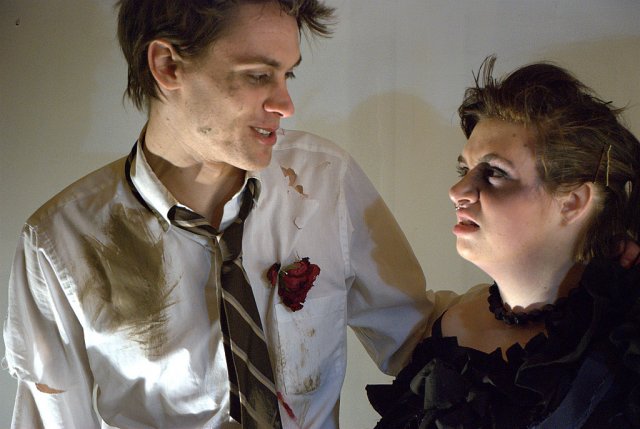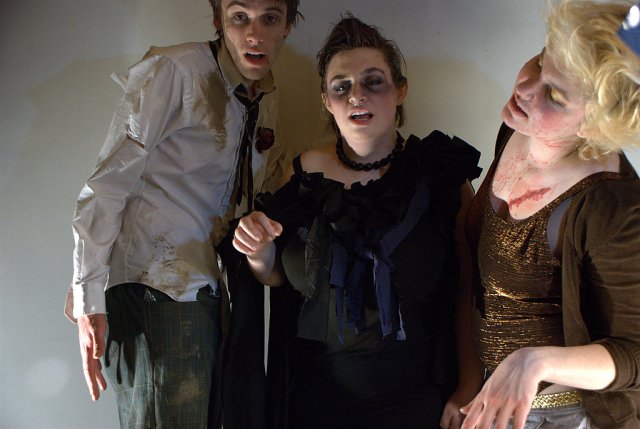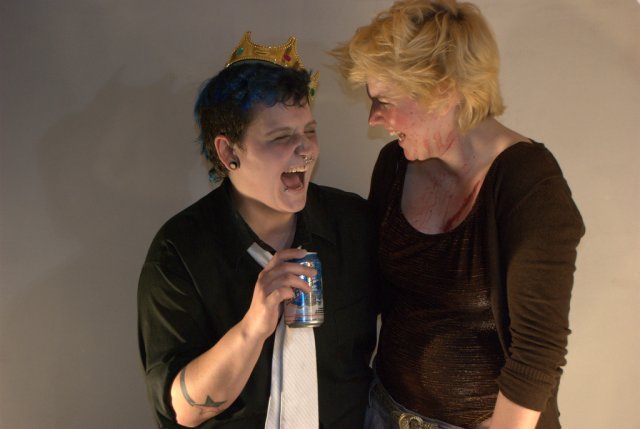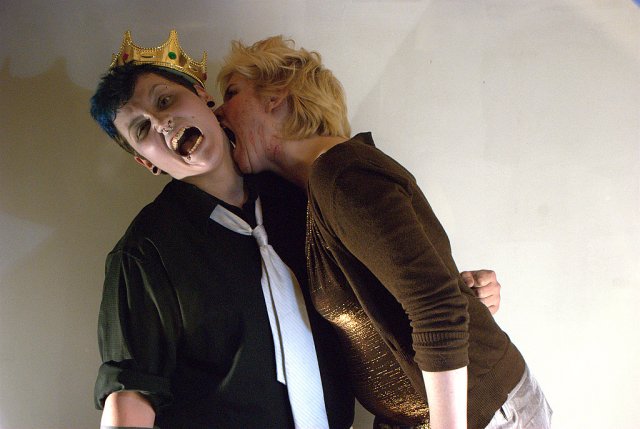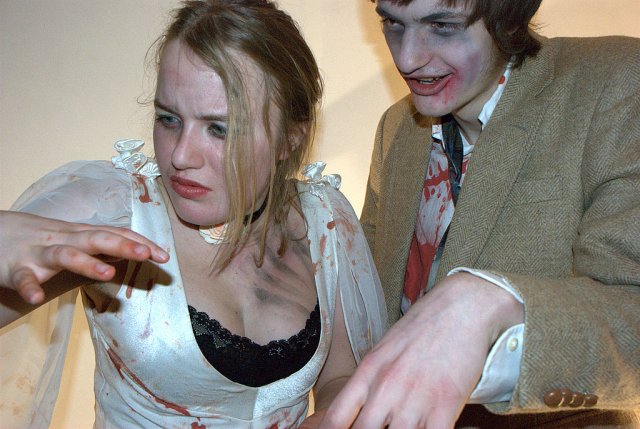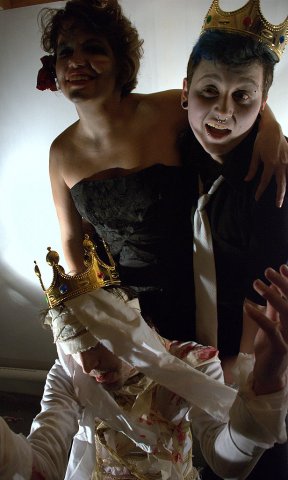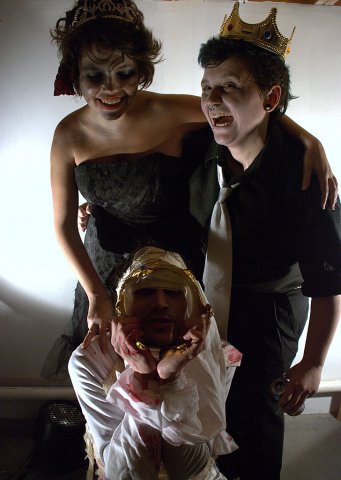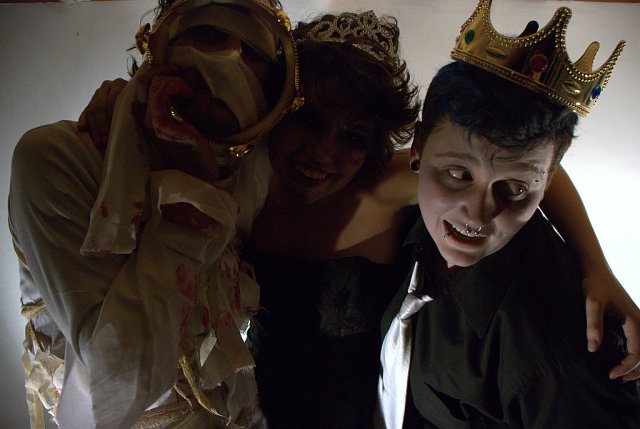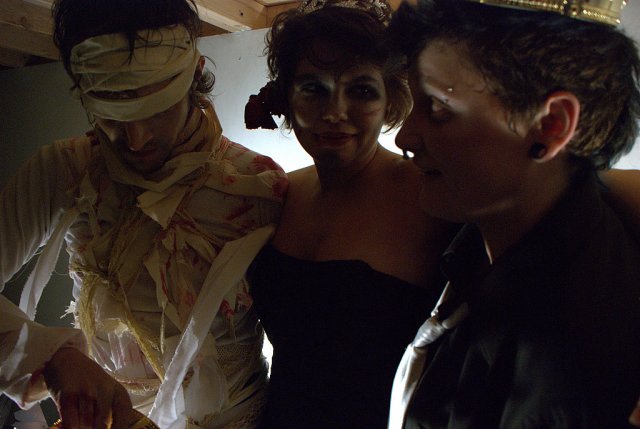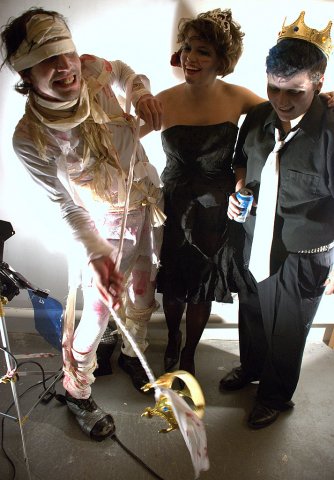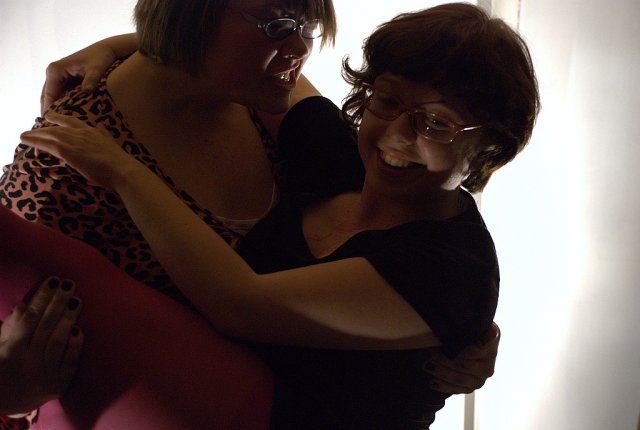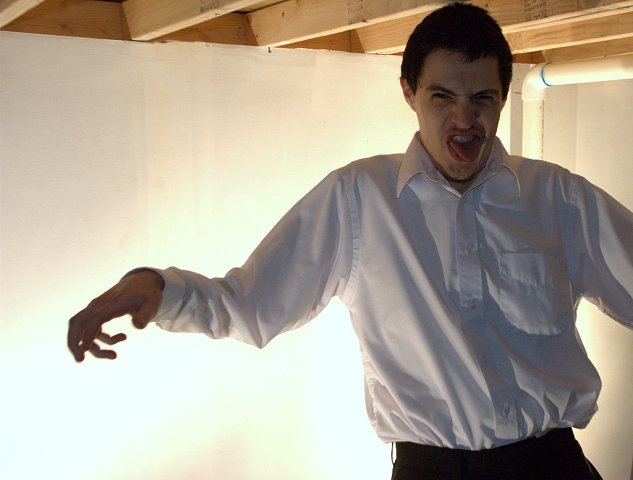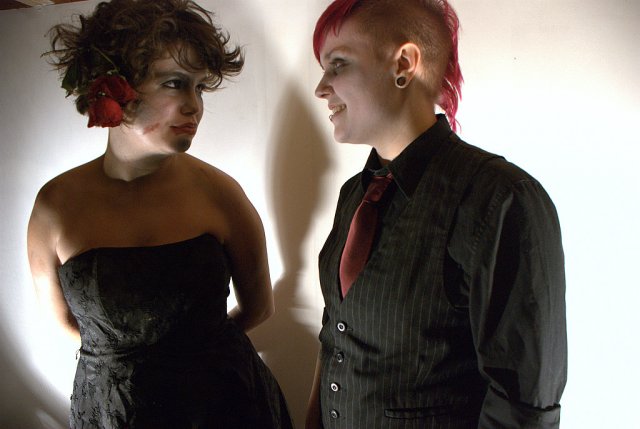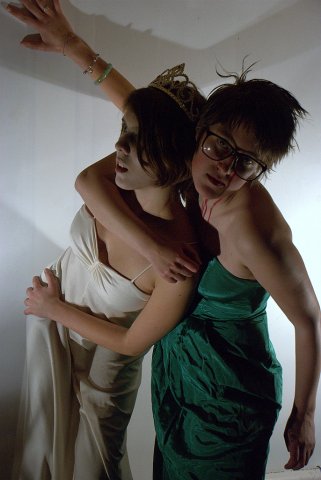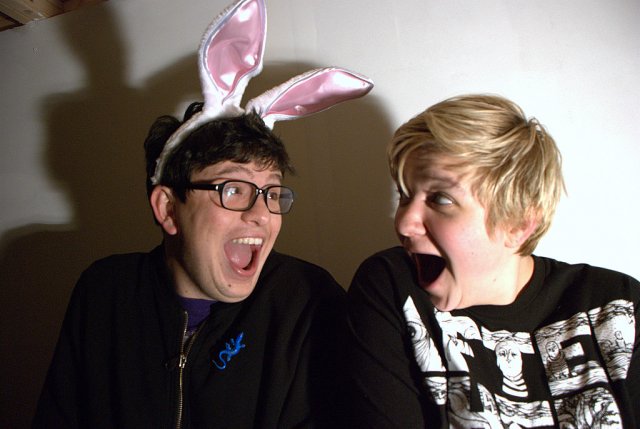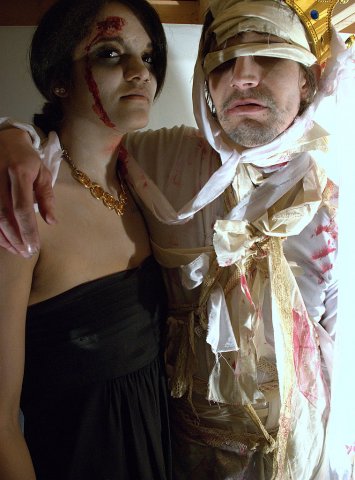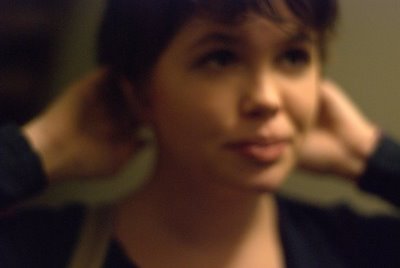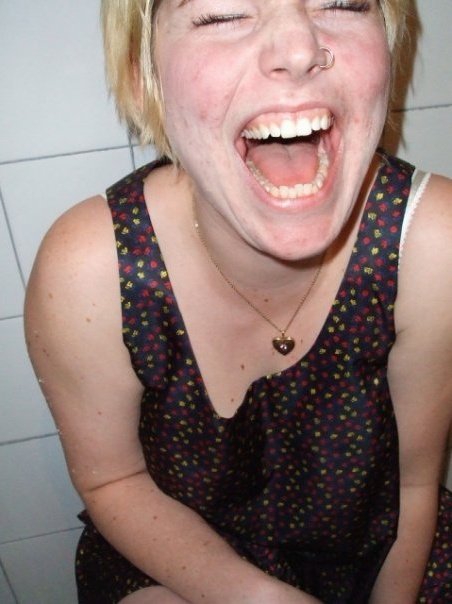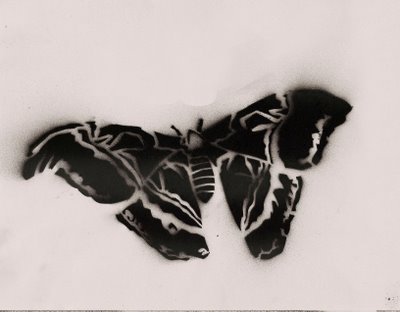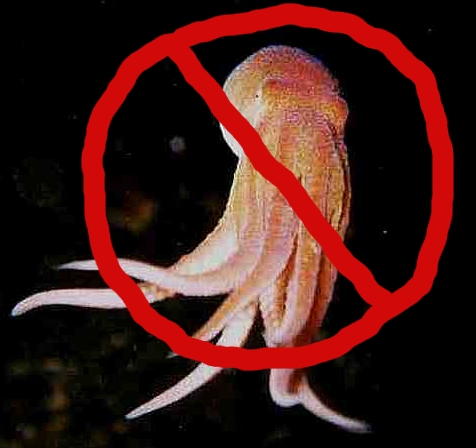By Jeanne-Kay
Research: Brian Springer, Kathryn Leahey, Jeanne Kay
Prelude: The Discourse of Toxicity
“Toxic Culture.” Steve Lawry’s infamous phrase is now part of the vocabulary of virtually all Antiochians. The year before the Antioch University Board of Trustees (UBoT) resolved to close the college, the key political issue on campus and the polemic that reached alumni revolved around the question of Toxic Culture–whether there was one, how it manifested itself, how to fix it or how to debunk its myth.
To alumni whose only contact with the community in years had been filtered through Media and University intermediaries, “toxic culture” meant a steady decline in academic excellence and increased political narrowness from their time at Antioch onwards; to conservative reporters, “toxic culture” came to be the perfect excuse to write diatribes against political correctness at liberal arts colleges; and to many observers “toxic culture” was a perfect shortcut to explaining how Antioch College had found itself in such an incomprehensibly dire situation: Antioch students were narrow-minded, unstable, out of control–they chased away new students, driving down retention and preventing Antioch from achieving financial stability. The toxic culture narrative made sense–and it was useful.
For many students on campus, however, accusations of toxicity and the clean-up crusades that followed translated into a daily struggle to uphold shared governance, preserve freedom of expression, and debunk a myth that had been imposed from top-down unto what was most experienced as a close-knit, supportive and safe community. “It became difficult to go anywhere on campus without hearing conversations within our community about this analysis of our home,” writes Community Manager Chelsea Martens ’08, a student on campus during the toxic years; “we were being told that no, it was not the structural instabilities of a poorly managed governance structure, or poor financial stewardship of Antioch College by the AUBoT that was suffocating our campus, but a damaging toxic culture that was making Antioch College ill.”
On Monday, March 2nd 2009, The Antioch Papers (www.theantiochpapers.org) published previously unreleased confidential documents that shed light on the workings behind the toxic culture narrative. Through them we learn that Antioch College President Steve Lawry (2005-2007) considered himself engaged in a full-fledged “culture war”–with the full mandate and support of the UBoT.
The attributes of a “failed culture” according to Steve Lawry
The centerpiece of the Antioch Papers’ release is Steve Lawry’s report to the University Board of Trustees on November 2nd, 2006. The seven-page long document was subsequently emailed to all board members and prefaced by Chancellor Toni Murdock’s warning that it should be “treated as a confidential document.” She expresses concern that “the proposals he raises will require far-reaching discussions with faculty and others at the College;” and asks for trustees to exercise their discretion since “it is important that [Lawry] lead and manage them carefully. We would not want some portions to reach members of the community without the careful preparations this kind of process deserves.”
The report begins by exposing what Lawry calls “the attributes of a failed culture.” Here, he describes student culture as intolerant and confrontational; “persons who might not fit the narrow mold of an acceptable Antioch student are subject to severe scrutiny on arrival. Their social values and political credentials are tested through a process of ‘calling out.'” Lawry explains such a phenomenon as students feeling “resentment” from past alienating experiences; “many Antioch students bring with them grievances for how they have been treated in the so-called ‘real world,’ for some by virtue of non-normative lifetyles, not fitting in mainstream culture, etc. As one student rather starkly put it, ‘the Antioch student is the person who did not have any friends in high school.'”
The college president goes on to pinpoint “substance abuse and a tolerance within the student community for it” as yet another cultural problem needing to be remedied. Lawry’s decision to expel three students from the entering class of 2006 a few days after orientation is an example of his attempt to remedy to what he perceived as a major issue for the campus.
Lawry further advances his argument by arguing that “the intellectual and learning environment has over the last two decades been diminished, in my view, through admission of large numbers of students with weak academic backgrounds.” To the college president, this trend in decline makes the Antioch’s self-managed education system as inadapted. The system of narrative evaluations, moreover, “can fail to hold accountable others for unsatisfactory progress,” Lawry writes.
Finally, “a deeply confused ‘shared governance’ model,” according to Lawry, had “…become [a] vessel[…] for vociferous opposition to the administration and strangely misdirected power struggles.” Community governance, he assessed, “has doubtful educational benefit.”
The Mental Health Issue
Steve Lawry’s depiction of Antioch’s “failed culture” then diverges to the issue of students’ mental health. Citing director of the Wright State clinic Dr. Cynthia Olson, Lawry claims that “the [Antioch] student body displays an exceptionally high proportion, for the age group, of persons with bipolar disorders, schizophrenia and eating disorders, exacerbated by high co-morbidity with substance abuse.” To Lawry, “campus social life and the health of entire learning environment are affected negatively” by this “issue.”
On October 31st, 2006, a week before his report to the UBoT, President Lawry informed the college faculty of his concerns about students’ mental health compromising the success of the college. In a document subsequently circulated among the community, former Antioch College President Bob Devine ’67 states: “When a President of a respectable institution tells the faculty, on the basis of a single conversation with a mental health professional, that the students they are teaching have too many gender disorders, bi-polar disorders, eating disorders and other psychological problems, and that is why the College is unable to recruit and retain students, and is the source of the institutions budgetary problems, I have reservations.”
In Fall 2007, an admissions counselor who requested to remain anonymous reported to the Record that Lawry had communicated instructions in 2005/2006 for students to be screened for mental health problems during the admissions process. The question as to whether this constitutes an act of discrimination naturally arises, since the American with Disabilities Act of 1990 “recognizes and protects the civil rights of people with disabilities and is modeled after earlier landmark laws prohibiting discrimination on the basis of race and gender. The ADA covers a wide range of disability, from physical conditions … to conditions such as emotional illness and learning disorders,” and applies to “a nursery, elementary, secondary, undergraduate, or postgraduate private school, or other place of education.”
On November 2nd, 2006, Dr Linda Sattem, director of the Antioch College Counseling and Wellness center, published a letter on a community forum that stated that as early as March 2004 she “sent out a campus-wide announcements concerning rumors that indicated thinking along the lines of ‘If Antioch did not admit such messed up students, the college would not be having such problems'” Sattem clearly states that “Antioch students are not different than other college students. Our students do not have more problems, more severe problems or a higher incidence of mental illness.” She ends her letter by emphasizing to students: “there is nothing wrong with you. You are not the reason the college is having difficulties.”
Lawry Gets “Culture War” Mandate From UBoT
Steve Lawry’s report concludes with a statement of confidence as to his ability to “shift” the culture to “one founded on intellectual freedom, open inquiry and respect among all community members.” He further recognizes the task as “very hard” because “large numbers of those who see the College as a fit socially and politically continue to bring with the values and attitudes anathema to the culture that we are trying to build.”
Lawry thus set out to renew the culture by changing the way in which was portrayed to prospective students. The Board contracted an independent agency in 2005 to make new recruitment materials that would present a picture of the college that a different population of college students would identify with. Notably, the college’s tradition of shared governance was increasingly downplayed. Professor Jean Gregorek recalls changes on the college’s website in particular; “the portion of the website describing community engagement –under the caption ‘you have a voice,’ ironically enough–was dramatically revised at Steve’s direction to eliminate references to student participation in college governance,” she says.
Lawry presents the “culture shift” operation as crucial to the college’s survival. He plans to adopt “bold and very ambitious” leadership in “addressing the problems identified above.” Moreover, he appears to be advocating for a shock therapy based strategy; “incremental change will not be timely or effective.”
The closed session minutes from the UBoT meeting of November 2-4 2006 state that Lawry told the board that “building a new Antioch entails revamping the structure and operations and a realignment of the faculty to meet new needs.” The minutes report that “Steve was commended by several trustees on the frankness of his report.” Trustee Larry Stone, in particular, stated that he was “pleased to see the support for Steve around the table,” since he feared that “some will see Steve as the problem.” “Lack of community and toxicity are real problems,” he said, “which were identified by the NCA well before Steve arrived.”
Antioch University Tullisse “Toni” Murdock “recognized the courage it takes to fight a Culture War … and underscored the support Steve is receiving from the ULC [University Leadership Council.]” Trustee Sherwood Guernsey “proposed a motion to support the president of the college and his vision,” the resolution was “revisited and passed the following day,” as follows:
RESOLUTION 11.4.06:13 (S. Guernsey/D.Fallon)
RESOLVED, that the Board of Trustees of Antioch University supports president Steven Lawry’s vision for Antioch College based on mutual respect, intellectual freedom and open inquiry [as envisioned by the Renewal Plan] within the University system with the same shared values.
The “mutual respect, intellectual freedom and open inquiry” tryptych is used consistently through several documents–from Lawry’s report to the February 2007 UBoT board meeting.
Divergent Agendas
In a private letter sent to Steve Lawry on October 7th 2006, Professor Bob Devine provides an interpretation of the grounds for the UBoT’s support for Lawry’s culture war: “The origins of the mandate to “clean up the culture” of the College are fairly clear,” he writes; “Between those on the Board who are still angry about the ’60s and ’70s (not just as they played out at Antioch, but in a much broader cultural sense), those younger Board members who experienced the symptoms, among students, of several years of autocratic, insensitive and ineffective leadership, and those who have critically limited experience with 18-year olds (like yourself) and consequently experience the generation gap as a constant affront, it’s no mystery how such perspectives might coalesce to forge a mandate. In my view it’s a misguided mandate, for the very reason that it conflates symptoms with causes.
Chelsea Martens ’08 advances the thesis that the UBoT culture war was nothing less than a red herring: “You have to ask yourself then, why was so much attention focused on an analysis of our campus culture, and not on more significant factors of governance or finances? What interests did this narrative serve? Simply, it was a cosmetic analysis that removed our focus away from the real issue at hand – the mismanagement of Antioch College by Antioch University – and placed the blame squarely on the victims -Antioch College itself. By faulting Antioch for its troubles, and not highlighting any institutional short comings, it paved the way for our very closure, while simultaneously ignoring the responsibility of the University to the College.”
Levi B. Cowperthwaite was Community Manager in ’06/’07; after reading Lawry’ “failed culture” report, he commented in an email to the Record: “Steve cites no evidence for his claims (something my Antioch education taught me was essential when making an argument, especially in a formal document). He was always fond of retelling one or two inflamatory anecdotes as if that constituted a thorough and inarguable statistical analysis of campus culture. In this document, he can’t even seem to produce his favorite flimsy stories as an attempt to back up his claims. This makes me wonder if he wasn’t so much as proposing an analysis to the board as he was confirming a characterization they had already provided for him.”
Indeed, it appears that Lawry made an unrealistically prompt assessment of the state of Antioch college’s culture upon arrival.”After being on campus for approximately 7 days, President Steve Lawry addressed the entire campus for the first time during our regularly scheduled Community Meeting,” recalls Chelsea Martens, 2007-2009 Community Manager; “He shared with us his excitement for the experience and challenges of being Antioch College’s newest world-class President. After a few minutes into his speech, he began to address the issue of a “toxic culture†on campus … I raised my hand and asked Steve, ‘How, after being on campus for only 7 days, do you know us well enough to know our biggest faults?’ It became quite apparent … that this was not an astute observation made by our newest President, but a narrative that had been told to him, strategically, for the purpose of waging a culture war at Antioch College.”
Another instrumentalization of the toxic culture narrative regards the rationale for firing tenured professors. Lawry claimed that dealing with the culture problem would require a “realignment of the faculty,” and his concerns about the lowering of academic standards and out-of-control state of the student body reflected directly on the faculty’s reputation and legitimacy. Media Arts Professor Chris Hill believes that Steve Lawry was preparing the grounds for cutting faculty positions; she recalls a faculty meeting in Spring 2007 in which Lawry spoke; “it seemed that he might be trying to convince the BOT to combine the College with McGregor,” she said, “he offered few details. I asked him at that faculty meeting–if his plan were ratified did that mean that some of the tenured faculty sitting in the room at that time would lose their jobs, and he said yes. I believe that someone else, either at that meeting or the next one, asked how many would lose their jobs, and he didn’t respond. He was probably expecting that exigency would be declared, and that would allow him to cut back on tenured faculty positions, but that level of detail was not provided to the faculty (or Adcil) at that time.”
Patriarchy, Responsibility, Agency
“It was always ironic that Steve was so fond of the term ‘intellectual freedom,’ since the culture he proposed was one that favored limiting campus discourse to only those topics he deemed ‘appropriate,'” further writes Cowperthwaite, referring to Lawry’s attempt to censor the Antioch Record in Fall ’06 and make it unacessible to alumni by demanding that it be taken offline. “Sex was not appropriate. Speaking truth to power about the lived experiences of queer people of color, survivors of sexual assault, people dissatisfied with the expectations given them by society – that was not appropriate,” he continues, “and stepping out of line, the line predetermined by him, meant punishment. He even told staff members that ‘dissent = termination.’ One administrative staff member privately criticized Steve to me and then asked me not to repeat it, adding, ‘Please, I have a family to feed.'”
After the UBoT voted to close down Antioch College, a New York Times article quoted Steve Lawry perpetuating the Toxic Culture narrative at Reunion 2007:
“In its glory days, it attracted students who wanted to change the world, through war protests or work in communities. But Steven Lawry, Antioch’s president, said in an interview that more recently, the college became a magnet for students who felt marginalized, and so bred a political narrowness and culture of resentment. By way of example, he cited students getting “called out” for wearing Nikes, seen as an emblem of globalization.”It became less about intellectual rigor, than a political and social experience,” he said. “The boot camp of the revolution became the model.””We were offering a political re-education” instead of a liberal education.And that model, he added, is sharply at odds with what most students are looking for these days.”
Several faculty and students wrote open and personal letters to Steve Lawry, characterizing the president’s public blaming of the community as “yet another hit in the stomach” during already traumatic times.
To Martens, the cultural war years are the occasion to “learn a lesson: what power do we give a President, and it what ways do we give up our own agency and voice? By hiring Steve Lawry –a man who had no prior experience dealing with youth– to come in and ‘clean up our act’, we invited him to participate in a savior complex,” she says, “we gave up our own power by thinking that what we needed was someone to save us from ourselves. It’s a common patriarchal narrative – a Father Knows Best narrative, if you will – that empowers someone with little knowledge about our community, our struggles, our dreams, and the reality of being young in a chaotic world, with the task of making top-down decisions that do nothing to make our community a more engaging and compassionate place to be. Really, what we needed was for a President who understood the task at hand and who joined us in our commitment to making this world a better place, and who could have gently and compassionately, charged us with the responsibility to do this work with as much dignity, passion, and love as possible.”
Intox vs Detox
Chelsea Martens is now Community Manager at the Nonstop Liberal Arts Institute. She still has to deal with the consequences of the toxic culture narrative on a regular basis, as it continues to influence the Antiochian collective unconscious. She is weary of the reductive, oversimplistic analyses that come with the standard toxic culture debate, and tries to provide a more complex discourse; “Antioch College is a demanding educational experience. And we wouldn’t have it any other way,””she explains, “where else can you go to learn about the problems that the world is currently facing, while also being charged with the responsibility to do something about it? Coming to terms with the numbers of victories needed to win for humanity, rattles you to your core. And sometimes, during this process – a process that I would call a detoxing process – you experience sadness, anger, disbelief, and urgency. Everyone goes through the process of learning about this world – and unlearning the stories we have told ourselves to be complacent with it – in their own way. This process has become, wrongly so, deemed part of Antioch’s “toxic culture”. That is a misjudgment. In my opinion, it is a process of cultural detox – one that all Antiochians engage in so that they can become effective change agents, equipped with an understanding of this world and their responsibility to it.”
Archeology of Toxicity: From The Record’s Archives
I/Culture War is Waged
Fall 2006: Luke Brennan and Foster Neill are editors of the Antioch Record.
September:
Three first year students are expelled from campus. Read Record’s report: Part 1 Part 2
-Read letter from father of expelled student
-Record’s Question of the Week starts issue of Record censorship
October:
-Several alumni write open letters in Protest Part 1 Part 2
-Steve Lawry’s ambition to clean campus becomes clear to students
– Andrzej Bloch cease and desist letter to record editors (Satire issue version of Andrzej’s letter here!)
-Alumnus Matthew Baya receives cease and desist letter from Steve Lawry for hosting Record online (read Matt Baya’s answer here)
Part II/ Dealing with the Toxic Brand
–December 2006
“Not My Antioch,” Debate with Ralph Keyes, author of “End Toxic Culture in Yellow Springs”In YS News: Part 1, Part 2
-Summer 2007, Antioch College to Close down
Alumnus Michael Goldfarb’s Op/Ed in NY Times: “When the arts were too liberal”
Golfarb’s Interview with Record: “When the arts were liberal enough.”
Ralph Keyes: Present at the Demise
Letter from Jean Gregorek in response to Ralph Keyes August 23, 2007
Who Killed Antioch? Womyn (LA Times) and Antioch Student Paige Clifton-Steele’s Response
To the Antioch University Board of Trustees: What about me seems toxic to you? by Julian Sharp, August 31, 2007
From the Antioch Papers:



